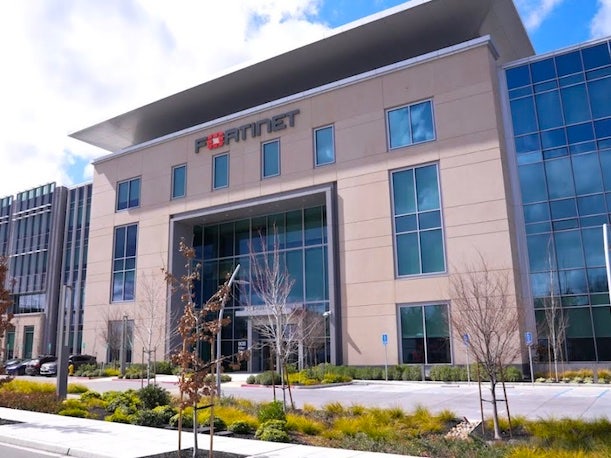Fortinet Stock Price Plunges Amid ‘Slowdown’ In Firewall Sales
The network security vendor says it will accelerate its shift to faster-growing areas, such as SASE, as the company’s financial results disappointed investors for the second quarter in a row.

Fortinet faced disappointment from investors for the second quarter in a row after releasing its latest financial results Thursday, as executives pointed to weaker-than-expected sales in firewalls.
The network security vendor saw its stock price plummet 17.5 percent in after-hours trading Thursday, dropping to $47.51 a share.
[Related: Fortinet Makes Cuts To Sales, Channel, Business Development Groups]
Amid the quarterly report, Fortinet said it will be shifting more of its focus to faster-growing areas, such as SASE (secure access service edge) and security operations tools. SASE now represents 20 percent of Fortinet’s business while SecOps tools now make up 10 percent.
However, the picture has dimmed for Fortinet’s secure networking business, which accounts for remaining 70 percent of the company’s business and includes its FortiGate next-generation firewalls. The growth opportunity in firewalls and other security networking technologies is less promising than previously thought, executives said during the company’s quarterly call with analysts Thursday.
Fortinet is encountering a “slowdown in secure networking market growth,” which has led product revenue to fall below expectations, Co-Founder and CEO Ken Xie said during the call.
Additionally, “we anticipate limited near-term growth in [the] secure networking market,” Xie said.
Total Fortinet revenue for the third quarter, ended Sept. 30, rose 16 percent year over year to $1.33 billion, below the analyst consensus estimate of $1.35 billion.
Product revenue dropped 0.6 percent to $465.9 million during Fortinet’s Q3 from the same period a year earlier.
The company’s revenue outlook for the fourth quarter also came in below Wall Street expectations.
“We continue to see increased deal scrutiny and longer sales cycles, which is constraining our near-term results,” Fortinet CFO Keith Jensen said during the call with analysts.
The elongated sales cycles had been a main culprit in Fortinet’s prior quarterly results, which similarly prompted a plunge in the company’s stock price. Following the release of Fortinet’s second-quarter results on Aug. 3, shares in the company had fallen 25 percent by the end of the following day.
At the time, investors also punished competitor Palo Alto Networks, sending its stock price down 8 percent in the wake of Fortinet’s Q2 report in early August. Shares in Palo Alto Networks were down 4 percent, to $240.35, in after-hours trading Thursday, following the release of Fortinet’s Q3 results.
During Fortinet’s call with analysts Thursday, executives sought to demonstrate that its investments in SASE and SecOps will more than compensate for the slowdown in sales of firewalls down the road. The Sunnyvale, Calif.-based company issued a separate announcement Thursday to highlight how it is “sharpening its business focus to prioritize high-growth, differentiated markets.”
The SASE market is forecast to grow 20 percent a year over the next four years, while the SecOps market is expected to grow 14 percent a year, the company said in the news release.
In Fortinet’s third quarter results, service revenue grew nearly 28 percent, year over year, to reach $868.7 million, the company reported.
Fortinet is well-positioned to capitalize on major near-term market opportunities, Jensen said during the call, through “shifting our R&D and go-to-market investments to the faster-growing SASE and SecOps markets.”
As part of this shift, Fortinet expects to make significant investments into working with channel partners, he said.
“I think there’s another opportunity right now, immediately in front of us, in terms of how do we continue to support our channel partners — be they distributors or be their resellers — and make sure that we’re getting the right level of mindshare from them,” Jensen said. “So I would suspect there’ll be some investments in that part of the business as we go forward.”